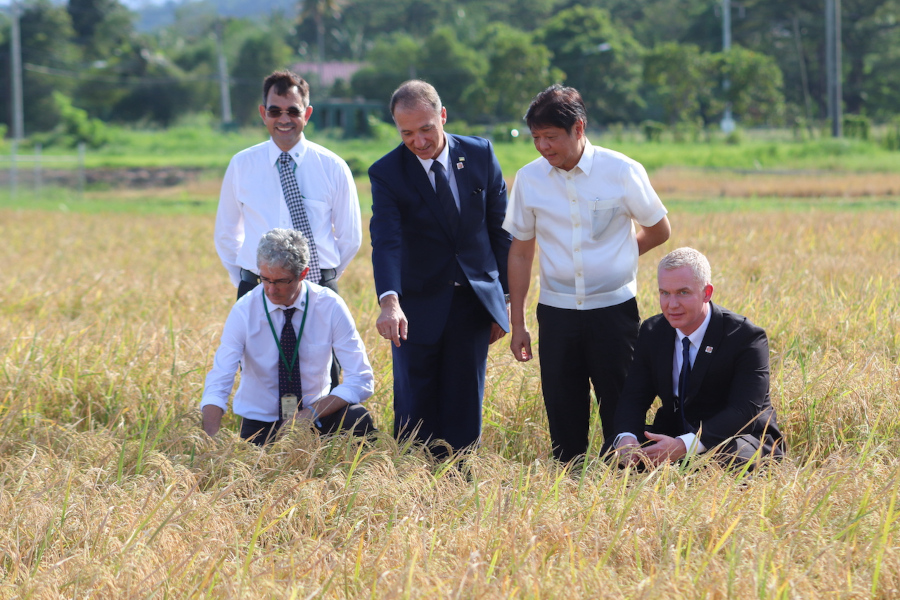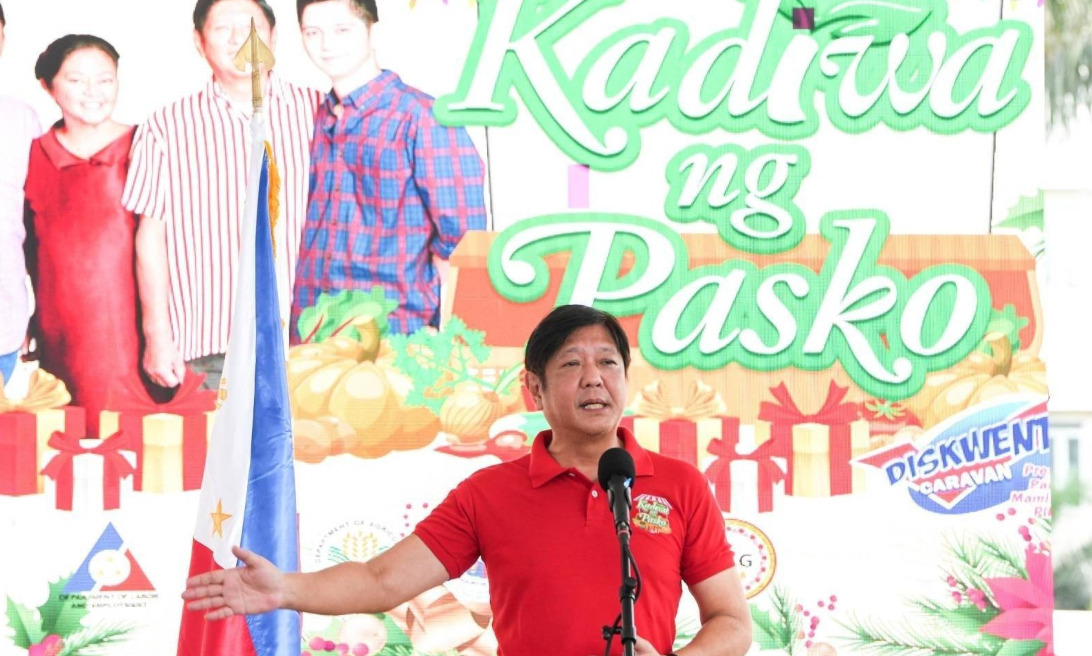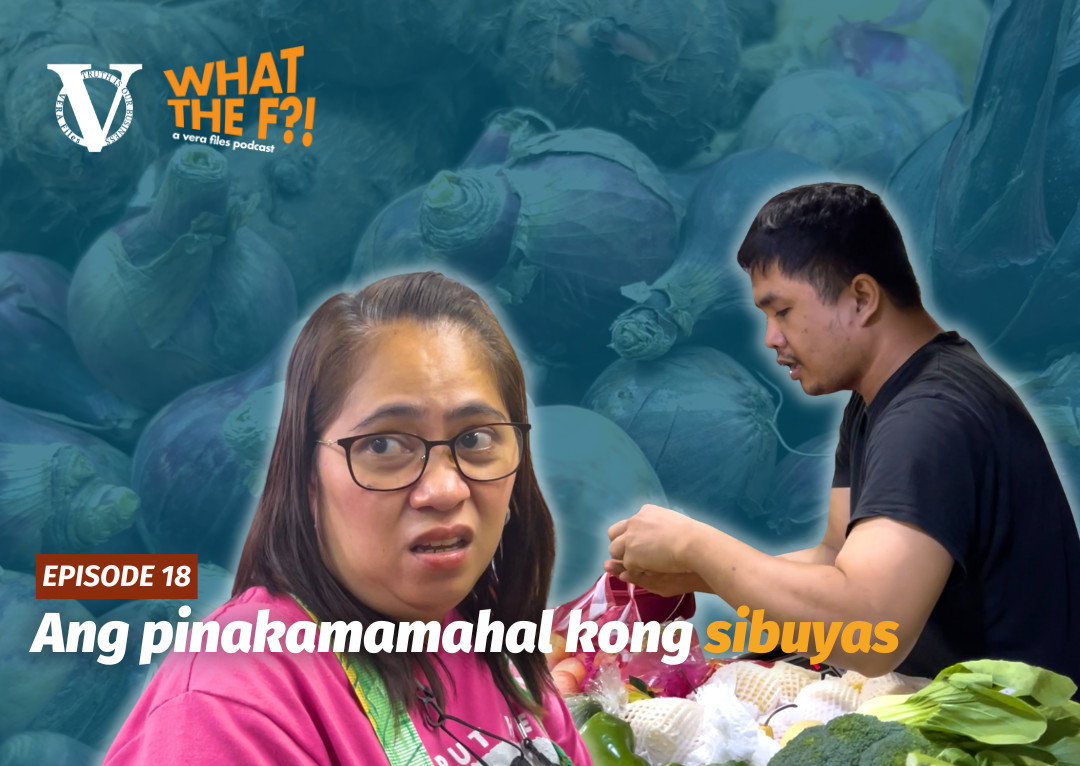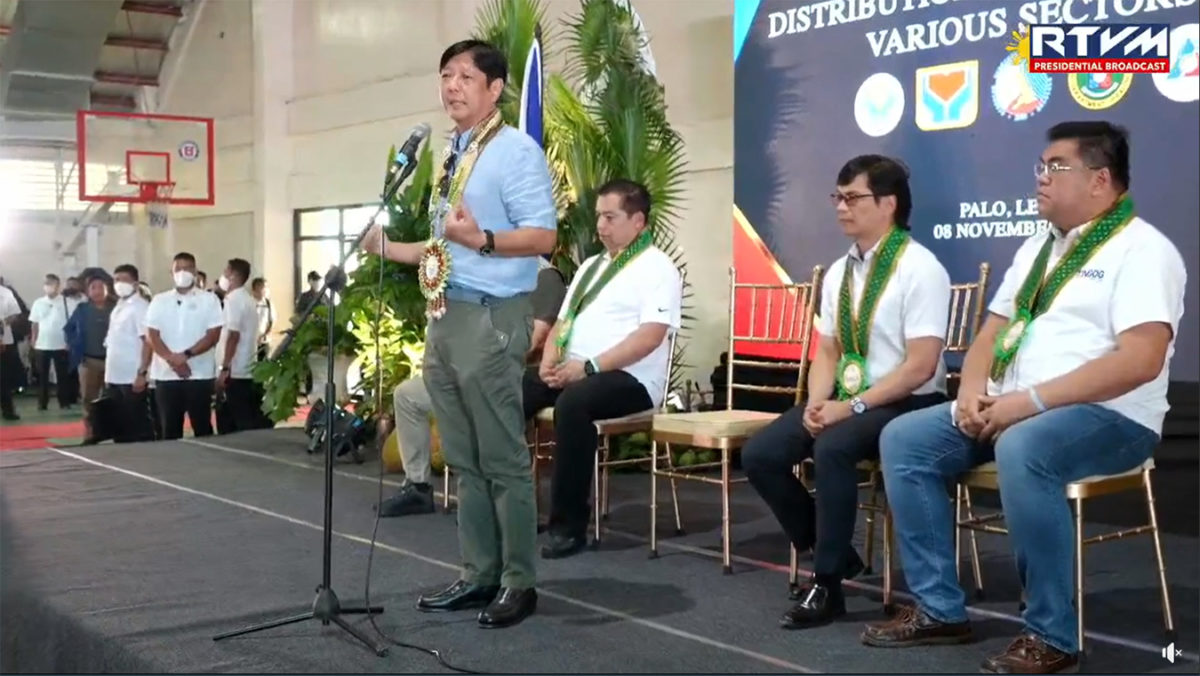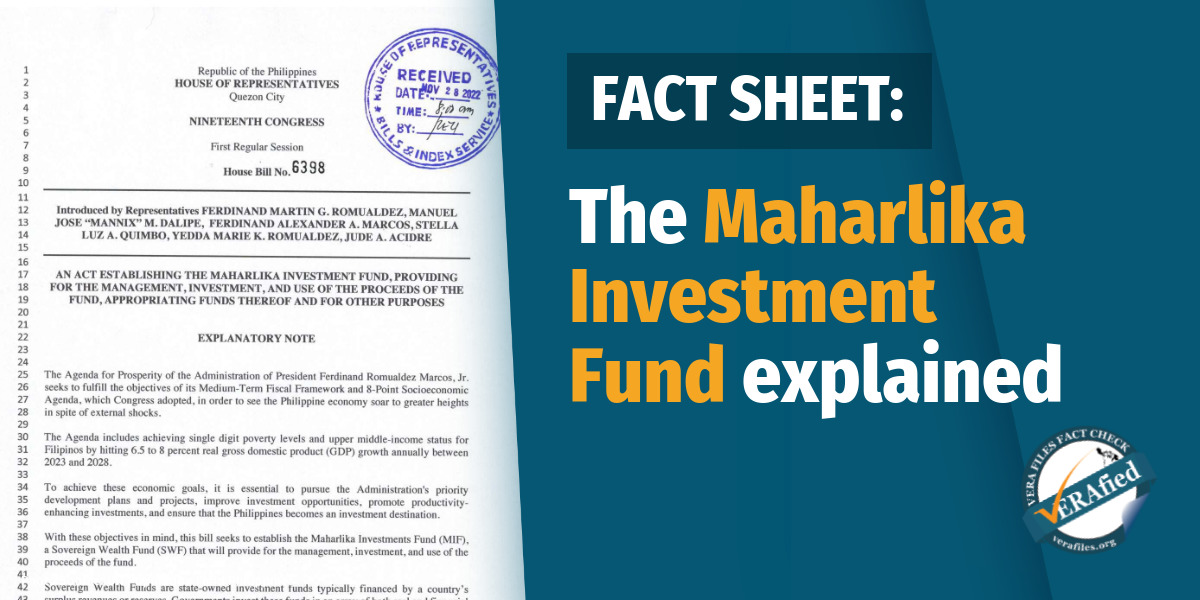It is quite relieving that the next Agriculture secretary won’t be a retired military or police officer but an agriculture expert, given the many problems besetting the sector and the country’s goal to achieve food security.
President Ferdinand Marcos Jr. himself gave this reassuring statement following calls for him to appoint a full-time secretary at the Department of Agriculture (DA) amid the continuing rise in the prices of goods, although the retail price of onions in the market has started to go down as imports and local farmers’ harvest come in.
Marcos has set high expectations from his successor in the DA, but his own performance in the last seven months is far from satisfactory, given the mishandling of the sugar importation mess and the uncontrolled rise in the price of onions a few weeks earlier.
He said he would give up the DA portfolio once he has fixed the agriculture “value chain.” The agricultural value chain refers to the people and activities that bring a basic product like vegetables from the farm to the consumer through stages such as processing, packaging and distribution.
How soon can Marcos fix the value chain? It would really depend on how quickly he would move to capacitate the farmers to diversify farms, increase production volumes, reduce post-harvest losses, upgrade technologies and ensure easy access to the market.
Marcos said last week that reforms in the agriculture sector would come faster if he stays on at the helm of the DA, setting aside calls from some lawmakers, including his allies and sectoral group leaders, as the public continues to grapple with soaring prices of basic commodities, especially food.
When he took on the position of Agriculture secretary in a concurrent capacity last June, the president said he wanted to emphasize the high priority he was giving to such a critical sector. He said he wanted to have direct responsibility for food output as inflation pressures challenge his administration.
The problems in the agriculture sector are “deeply embedded” and “so difficult that it will take a president to change and turn it around,” Marcos had said.
“It’s important that the president take that portfolio not only to make it clear to everyone what high priority we put to the agricultural sector, but also as a practical matter, so that things move quickly,” he added.
But what happened next? Prices of sugar soared as some of his trusted people were entangled in a mess over the importation of 300,000 metric tons of refined sugar which led to the resignation of his first executive secretary, Victor Rodriguez, and the resignation of three senior officials of the Sugar Regulatory Administration.
This despite Marcos’ assurance when he met with DA officials in July that he was giving agriculture “the single, the highest priority of everything” under his administration.
Prices of other commodities became astronomically expensive. Strong typhoons that heavily damaged various crops and the uncontrolled inflation due to the rising cost of fuel and sugar contributed to the soaring prices of food products.
Based on his public statements, Marcos appears to be much aware of the troubles in the agriculture sector, but his performance in the first seven months of his administration as DA secretary leaves much to be desired.
Local farmers have long been crying out against the government’s inadequacy in providing support such as production subsidies for fertilizer and other farm inputs, post-harvest facilities, farm-to-market roads, and coping with climate change.
For months, skyrocketing prices of sugar, flour and eggs have been taking a heavy toll on businesses and consumers. Prices of fertilizer have tripled in some areas, hurting farmers whose incomes have substantially gone down due to high fuel prices. Farmers could also not compete with cheaper imported goods.
In the case of onions, farmers decry the government’s decision to import at the onset of the harvest season and its inability to control hoarding and price manipulation by unscrupulous traders.
At least Marcos knows that he could not appoint just anybody to the DA portfolio.
“Kailangan eksperto sa agrikultura (Must be expert in agriculture),” he said when asked if he was appointing a retired uniformed officer to take his place. “Agriculture is a very complicated subject. Hindi lang kung sino-sino basta’t magaling mag-manage (You cannot appoint just anybody there who can manage it). They have to understand the science… They have to understand the solution. They also have to understand the system,” he explained.
As DA secretary, Marcos must now triple his efforts to uplift the sector that has long been neglected and address pressing problems that are too close to the stomachs of Filipinos. He should travel less frequently and wear his hat more often as chief of the Agriculture department to get things moving quickly, that is, until he finds that “agriculture expert” best suited for the job.
The views in this column are those of the author and do not necessarily reflect the views of VERA Files.
This column also appeared in The Manila Times.
